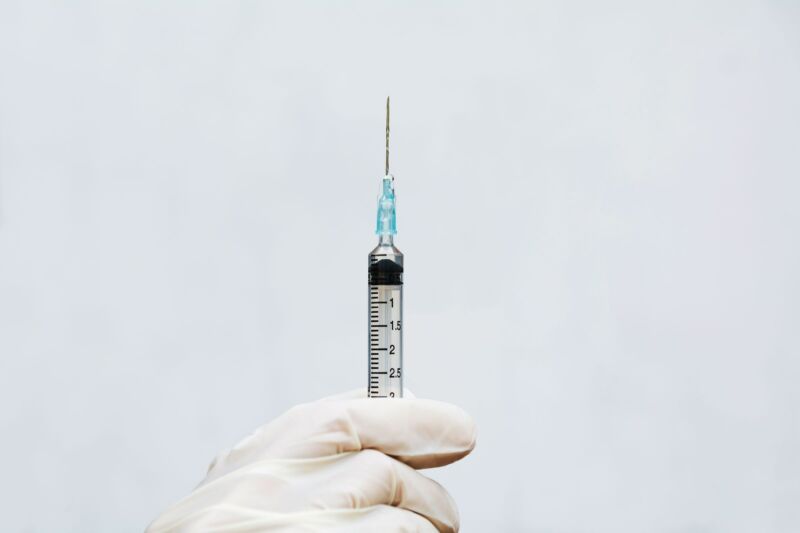The NIH’s top vaccine maker wants Warp Speed to be the new normal

Enlarge (credit: Krisana Antharith | Getty Images)
If the first vaccines against COVID-19 really do start coming online in a couple of weeks, that'll be a blazingly fast scientific achievement-from new virus to new vaccine in just about 12 months, faster than ever before, and using a new vaccine technology, too. Amazing! And also only sort of true, because the path of the two vaccines likeliest to become available first, one from the pharmaceutical companies Pfizer and BioNTech and one from Moderna, began long before people started getting sick in Wuhan in December 2019.
Like all scientific discoveries, that path has many trailheads. One of them is the lab of John Mascola, director of the Vaccine Research Center at the National Institute of Allergy and Infectious Diseases. He didn't come up with the idea of using genetic material to make vaccines, but he and collaborators around the US spent years trying to direct those efforts against coronaviruses, the family that includes SARS-CoV-2, the cause of COVID-19. Most vaccines against the disease clue the immune system into seeing a specific protein on the surface of the virus; it was Mascola's VRC that brought the mRNA for that spike protein" to Moderna.
Read 44 remaining paragraphs | Comments